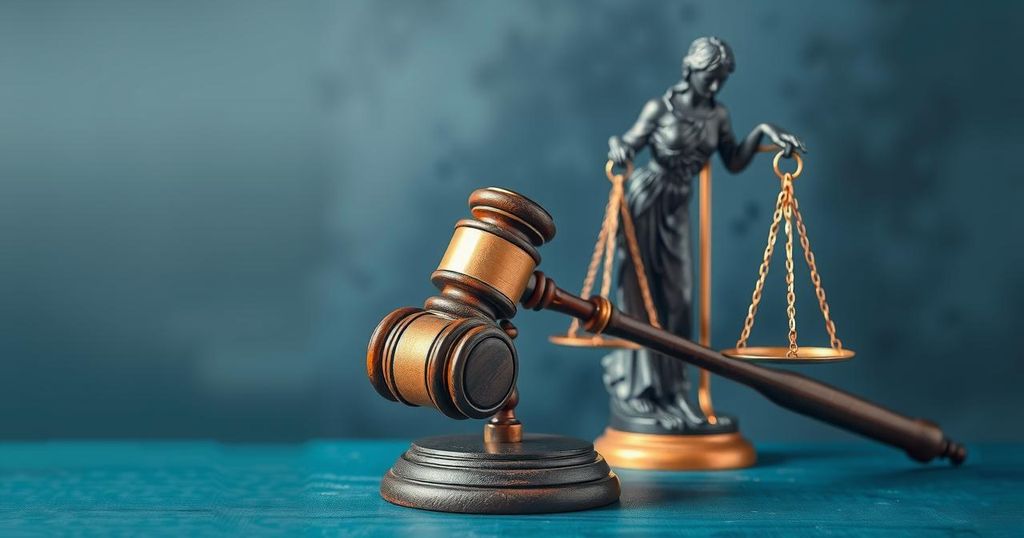Sudan’s Genocide Claims Against UAE Lack Sufficient Evidence, Experts Say

Sudan’s claims against the UAE regarding genocide have been found lacking, with legal experts noting insufficient evidence. This highlights significant challenges in international law and Sudan’s internal governance issues. The implications of the case may shape future relations and legal accountability.
Sudan’s recent claims against the United Arab Emirates (UAE), centering on accusations of genocide, have been determined to be unfounded by a legal analysis. The examination of these accusations revealed a lack of substantive evidence to support such serious allegations. This development has drawn attention to Sudan’s ongoing challenges with governance and accountability within the context of its turbulent history.
Legal experts have pointed out that this case highlights significant hurdles for Sudan in bringing lawsuits against foreign entities. The complex nature of international law regarding jurisdiction and proof of genocide often makes such claims incredibly difficult to substantiate. As noted in various reports, Sudan’s struggle to compile credible evidence further complicates its position as it seeks recourse in the global legal arena.
Furthermore, observers have commented on the geopolitical implications of this situation. The accusations may reflect Sudan’s ongoing internal issues, exacerbated by its historical ties with various nations, including the UAE. Critics suggest that allegations of genocide might be utilized as a political maneuver to deflect attention from domestic governance failures.
This case serves as a reminder of the intricate and often difficult relationship between accusations of serious crimes and the legal processes in place to pursue accountability. Sudan’s assertion against the UAE may lead to increased scrutiny on both nations, particularly regarding their respective human rights records. The international community’s response to such claims remains crucial as various stakeholders monitor the unfolding circumstances.
As the legal circumstances evolve, Sudan must navigate a complex landscape to establish credibility in its claims against the UAE. It shall be interesting to see how this situation develops moving forward and what impact it may have on international legal practices concerning allegations of genocide in conflict zones.
In conclusion, Sudan’s genocide claims against the UAE have been evaluated and found insufficient. Various experts highlight the challenges presented by international law, particularly regarding jurisdictional issues and evidence collection. This case underscores both Sudan’s internal governance struggles and the geopolitical intricacies surrounding it. Moving forward, how Sudan addresses these legal challenges and their implications for international relations remains to be seen.
Original Source: www.law360.com








